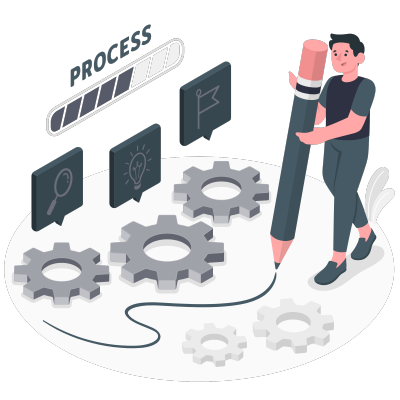Owning a bank can be a lucrative business venture, but it’s essential to understand how they work to make the most of this investment.
This article will explore how banks work and the banking system’s functions. We will also discuss the importance of consumer trust and how it impacts banks.
How Do Banks Work?
At its most basic level, a bank is an institution that provides financial services to its customers. This includes personal loans, credit cards, small business loans, and investment opportunities. To provide these services, banks must have a way to store, manage, and protect their customers’ money.
Banks typically have two types of customers: depositors and borrowers. Depositors are customers who want to save money, while borrowers are customers who need to borrow money. Banks offer various services and products to attract both types of customers, such as savings accounts, checking accounts, and certificates of deposit (CDs) for depositors. Banks offer personal, home, and business loans to borrowers.
Consumer Trust
The most important thing for a bank is to maintain the trust of its depositors. This means that depositors must feel confident that their money is safe and accessible when they need it. To help build consumer trust, banks are regulated by government agencies at the state and federal levels. These agencies ensure that banks follow best practices and that customer money is protected.
Banks also need to maintain the trust of their investors. To do this, banks must be profitable. They make money in two ways: through the interest they charge on loans and the fees they charge for services.
Types of Banks
Banks can be divided into two categories: commercial banks and investment banks. Commercial banks are the type of bank most people think of when they hear the word “bank.” These banks provide services to customers and businesses, such as checking and savings accounts, loans, and credit cards. Investment banks, on the other hand, do not serve customers directly. Instead, they focus on providing services to other businesses, such as underwriting new stock issues and helping companies raise money by selling bonds.
How Banks Create Money
Banks make money mainly by lending money to borrowers and charging them interest on those loans. The market sets interest rates, but banks can influence rates by how much they are willing to lend. When a bank lends money, it creates new money. This is how the money supply in an economy grows.
For example, interest rates range between 2% and 10%. If a bank lends money to a borrower at a 10% interest rate, the borrower will have to pay back the loan plus interest. In this case, the bank would make money from the interest charged on the loan.
But how do banks get the money to lend in the first place? The answer is that customer deposits create what’s called “reserves.” These reserves are then used to fund loans given out by the bank.
When a customer deposits into their savings account, for example, the bank will hold onto some of that money (this is called the “reserve requirement”). The rest of the money can then be lent out to other customers who need it. The bank will charge interest on these loans, and this is how they make a profit.
How Banks Make Money
In addition to making money from loan interest, banks also earn revenue from fees charged for services such as wire transfers, ATM usage, and account maintenance. They may also earn income from investments made with customer deposits. For example, fees range between $10 and $30 for a standard wire transfer. ATM fees are typically around $5, depending on the bank and account type.
Banks also charge customers for bounced checks, overdrafts, late payments, and other services. In an increasingly competitive market, thoroughly review the fees your competitors charge so you can stay at an advantage.
Conclusion
The bottom line is that banks are businesses and need to be profitable to survive. By understanding how banks work and how they make money, you can be a more informed customer and make the most of your relationship with your bank.

